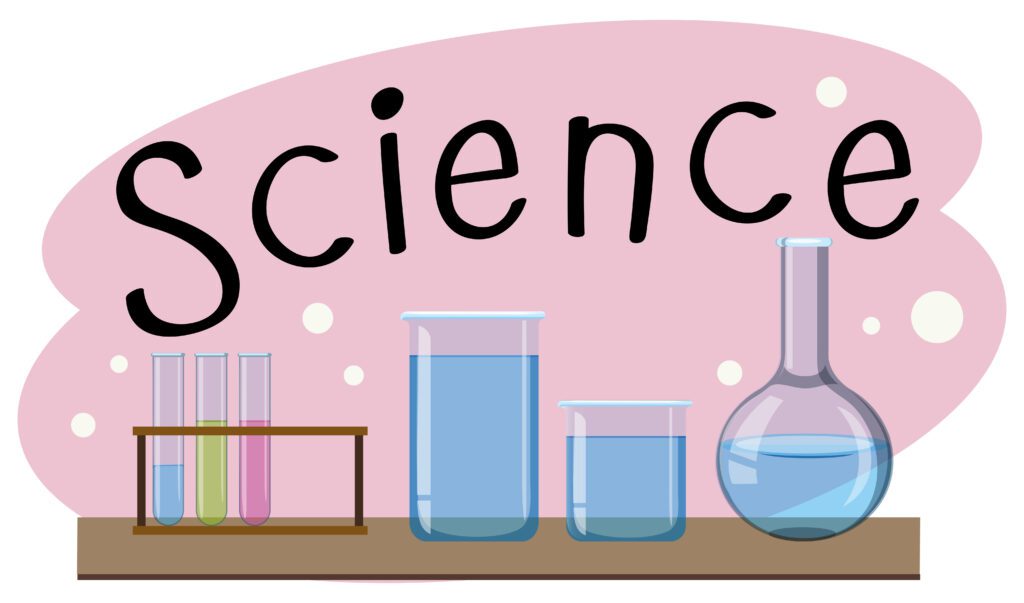Science is all about exploring and understanding the world around us through observation and experiments. It helps us find answers to our questions and make discoveries that improve our lives.

Science is a systematic pursuit of knowledge through observation, experimentation, and analysis. It seeks to understand the natural world and uncover the underlying principles governing its phenomena.
Examples of science
Here are 20 examples of different fields and topics within science:
- Physics: The study of matter, energy, motion, and forces. Examples include classical mechanics, electromagnetism, and quantum mechanics.
- Chemistry: The study of the composition, properties, and reactions of matter. Examples include organic chemistry, inorganic chemistry, and analytical chemistry.
- Biology: The study of living organisms and their interactions with the environment. Examples include genetics, ecology, and microbiology.
- Astronomy: The study of celestial objects, space, and the universe. Examples include astrophysics, cosmology, and planetary science.
- Geology: The study of the Earth’s structure, processes, and history. Examples include mineralogy, petrology, and plate tectonics.
- Psychology: The study of the human mind and behavior. Examples include cognitive psychology, social psychology, and clinical psychology.
- Environmental Science: The study of the environment and its interactions with living organisms. Examples include conservation biology, environmental chemistry, and ecology.
- Computer Science: The study of algorithms, programming, and computer systems. Examples include artificial intelligence, data science, and software engineering.
- Mathematics: The study of numbers, quantities, and shapes. Examples include algebra, calculus, and statistics.
- Medicine: The study of the diagnosis, treatment, and prevention of diseases. Examples include cardiology, oncology, and neurology.
- Engineering: The application of scientific principles to design and build structures, machines, and systems. Examples include civil engineering, electrical engineering, and mechanical engineering.
- Astrobiology: The study of the potential for life beyond Earth and the search for extraterrestrial life.
- Paleontology: The study of prehistoric life through fossils and ancient remains.
- Neuroscience: The study of the nervous system and the brain’s structure and function.
- Meteorology: The study of weather patterns and atmospheric conditions.
- Genetics: The study of genes and heredity.
- Nanotechnology: The study and manipulation of materials at the nanoscale.
- Biochemistry: The study of chemical processes within living organisms.
- Anthropology: The study of human societies, cultures, and evolution.
- Oceanography: The study of the oceans, their physical properties, and marine life.

Science encompasses a vast array of disciplines, each contributing to our understanding of the natural world and technological advancements. These examples represent just a fraction of the diversity and depth of scientific fields.

